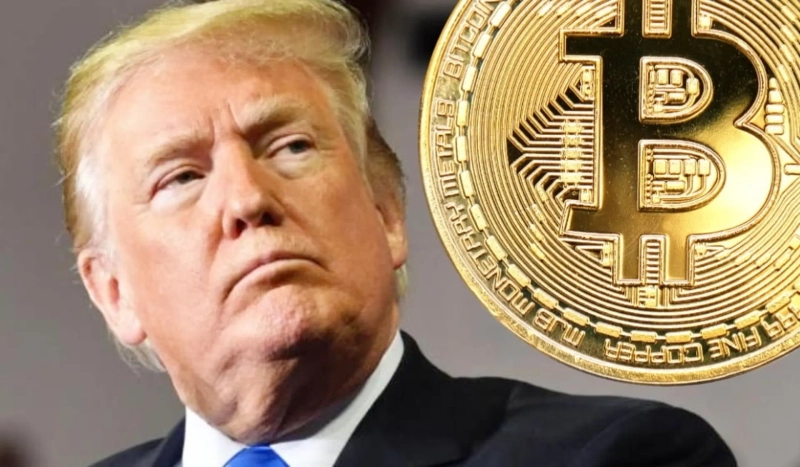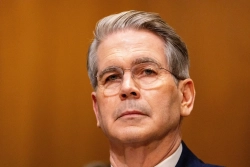Editor's PiCK
"After Trump's Inauguration, the U.S. Will Attract Crypto Capital... Need to Respond Quickly"
Summary
- Researcher Lee Jeong-du stated that Trump's virtual asset promotion policy could bring changes to the global market and the supervisory policies of governments worldwide.
- Trump's virtual asset friendly policy supports Bitcoin and seeks changes in the existing regulatory framework, ensuring transactions without government surveillance.
- It was suggested that Korea should carefully monitor the U.S. legislative direction and regulatory effects and pursue institutional improvements suitable for the domestic situation.

With just about a week left until Donald Trump's inauguration, who aims to make the U.S. a hub for virtual assets (cryptocurrencies), there is advice to actively prepare for this.
On the 12th, Lee Jeong-du, a senior researcher at the Korea Institute of Finance, published a report titled 'Policy Direction of the U.S. Trump Administration on Virtual Assets,' stating, "Trump's virtual asset promotion policy is likely to bring many changes to the global virtual asset market, related industries, and the supervisory policies of governments worldwide." He urged, "It is necessary to closely monitor this and prepare response measures considering the domestic market situation, trading culture, and regulatory environment."
The researcher noted that Trump's administration is being composed of pro-virtual asset figures. He said, "During the presidential election, Trump announced friendly pledges towards virtual assets like Bitcoin (BTC) and is appointing pro-virtual asset figures as policymakers." Notable pro-virtual asset figures among Trump's close associates include Elon Musk, co-chair of the Department of Government Efficiency (DOGE), and David Sacks, head of the AI and Virtual Asset Advisory Body.
There was also an explanation that there would be a drastic change in the existing U.S. virtual asset regulatory framework. The researcher conveyed, "Trump has clearly stated his position to end the un-American virtual asset regulatory framework. He opposed Central Bank Digital Currency (CBDC) and declared support for Bitcoin, promising to ensure virtual asset transactions without government surveillance or control." Additionally, he added, "With Trump's inauguration and the Republican majority in the 119th Congress, Trump's policies will be pushed forward swiftly."
There was also an opinion that responses should be hastened. The researcher pointed out, "The Trump administration's system could establish a new global standard for virtual asset regulation," and "On the other hand, Korea is in the process of the first phase of the Virtual Asset User Protection Act legislation, but there are tasks to be supplemented through the second phase legislation on virtual asset issuance, virtual asset businesses, and virtual asset infrastructure regulation and promotion."
Furthermore, the researcher said, "It is crucial to clearly distinguish between types of virtual assets and, rather than hastily following overseas examples, carefully monitor the EU's MiCA law and the U.S. legislative direction and regulatory effects, and pursue institutional improvements suitable for the domestic situation."

Uk Jin
wook9629@bloomingbit.ioH3LLO, World! I am Uk Jin.![[Analysis] "Bitcoin attempts a technical rebound after capitulation selling…trend reversal hinges on fresh inflows"](https://media.bloomingbit.io/PROD/news/067f7da2-2764-45b9-a79c-b8a9c31d4919.webp?w=250)

![[Analysis] "Bankruptcy fears around Strategy are spreading…concerns somewhat overstated"](https://media.bloomingbit.io/PROD/news/ca8aa06b-c04b-4831-b878-608bd90bdd3d.webp?w=250)

